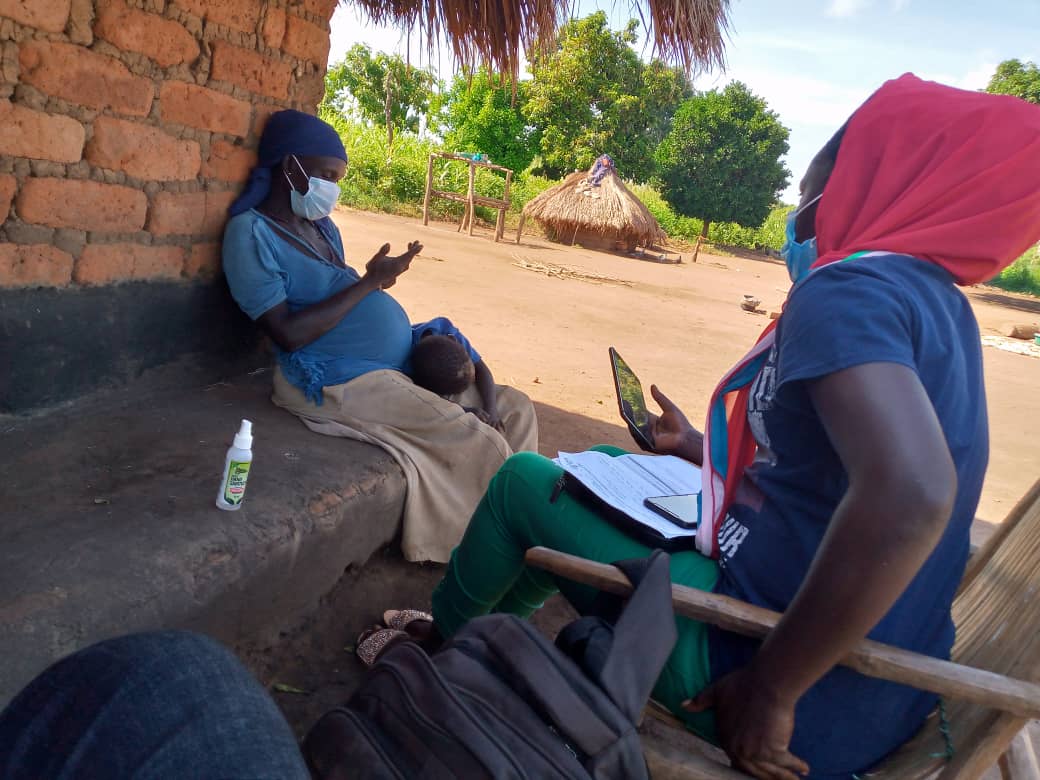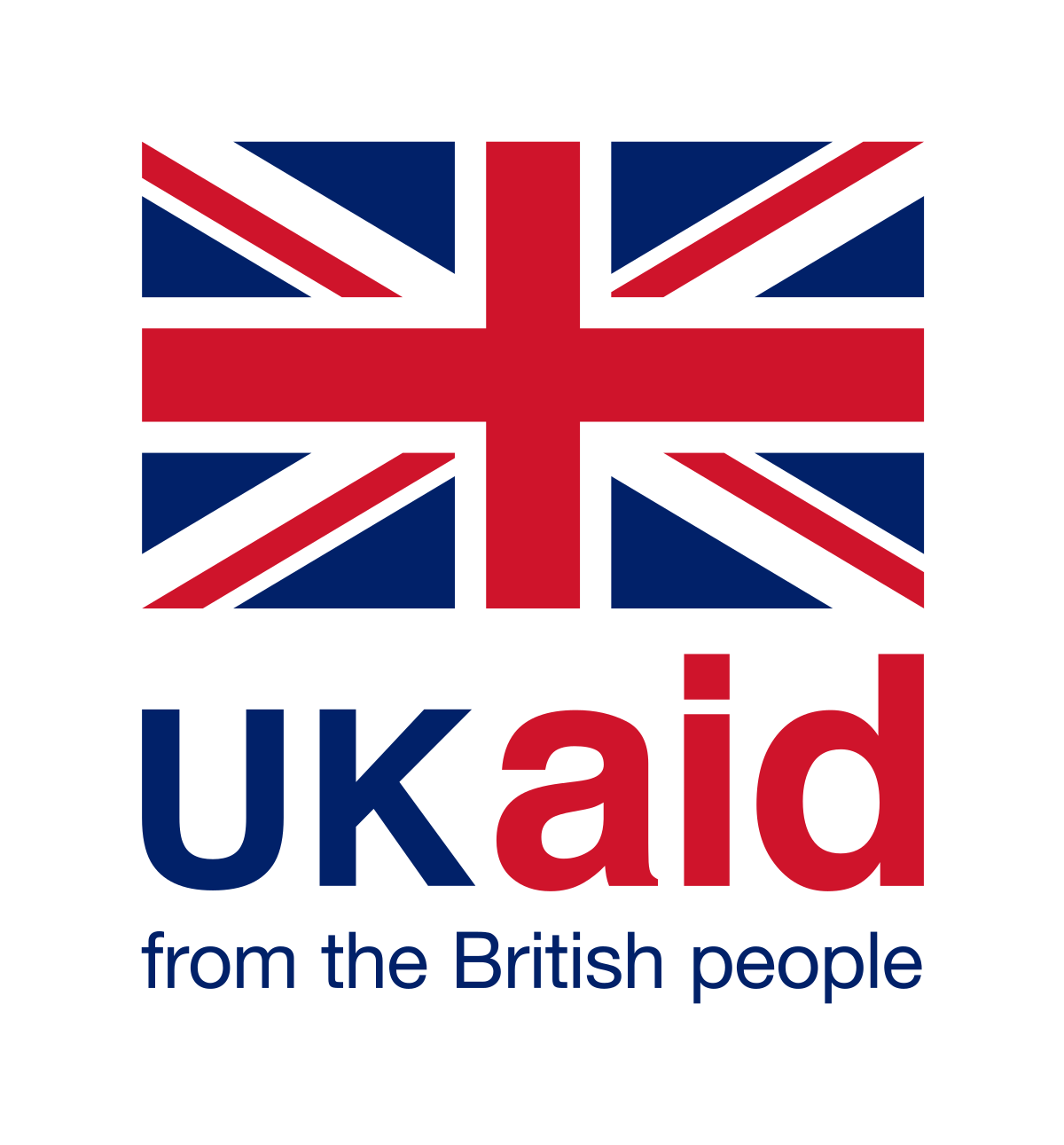Reducing Prejudice Towards Refugees? A Pilot Study of Perspective Taking in Uganda

Co-funded by IPA’s Peace and Recovery Initiative, researchers partnered with IPA’s Uganda office to conduct a pilot randomized evaluation measuring the impact of a perspective-taking intervention aimed at improving host community attitudes toward refugees in Uganda. It also aimed to examine whether the intervention spills over through word-of-mouth networks to those who did not receive the intervention. The intervention both reduced short-term prejudice among participants and influenced the attitudes of other individuals in participants' social networks.
Uganda, home to Africa's largest refugee and asylum-seeker population, hosts nearly one million South Sudanese refugees. Tensions frequently arise between refugees and host communities due to prejudice and perceived competition over scarce resources and services. While programs to reduce prejudice toward refugees have shown promise in high-income countries, little evidence exists in low- and middle-income countries, where most refugees live. Further, these programs often focus on individual attitudes, overlooking the role of social networks in spreading impacts to individuals who do not directly participate in the program.
Researchers evaluated the impact of a perspective-taking intervention designed to improve host community attitudes toward refugees. They also explored how the program’s effects spread from participants to nonparticipants through their social networks. The study was conducted in four villages in the West Nile region of northwestern Uganda, each with an average of 100–150 households. In half of the households, a perspective-taking intervention was randomly applied. The intervention involved short, nonjudgmental conversations where a Ugandan participant took on the perspective of a South Sudanese refugee. Two weeks later, the researchers carried out a follow-up survey in all households in each village to reassess attitudes and collect information about their experiences with social processing.
The intervention reduced prejudice among participants when they were surveyed immediately after the program and again two weeks later. The attitudes of nonparticipants in the social networks of participants were also affected, either positively or negatively, depending on the intervention participant’s own attitude. The researchers present evidence suggesting that these communal effects were driven by social processing, where social networks influence people’s attitudes and behaviors through increased communication. The researchers posit that understanding social processes that can reinforce or attenuate individual-level attitude change toward refugees is important to designing impactful interventions.
Funding Partner













